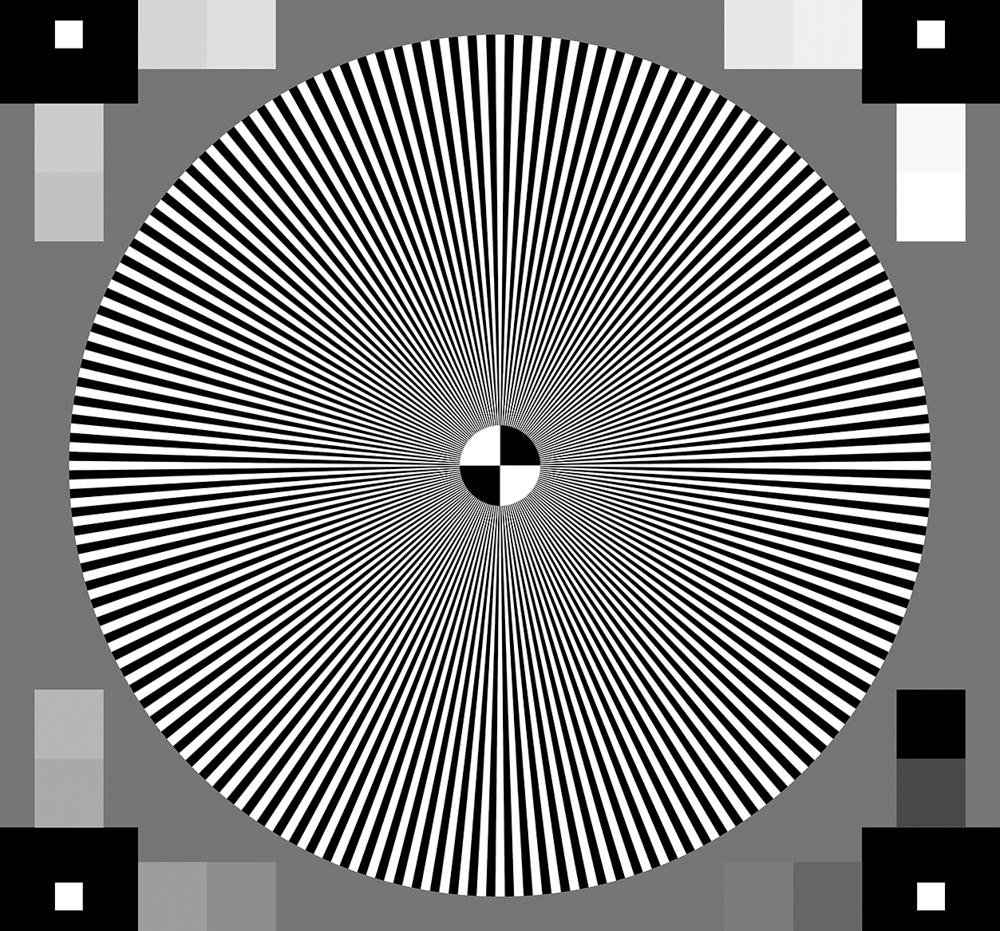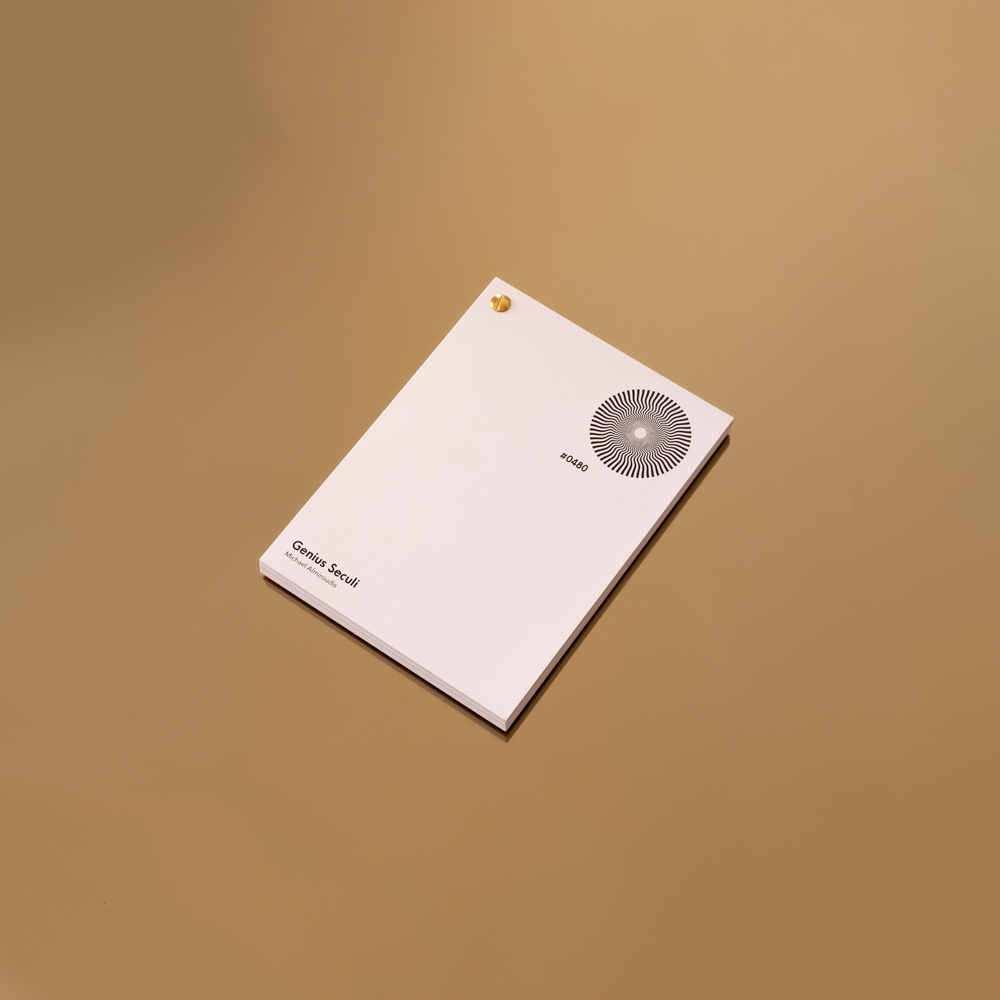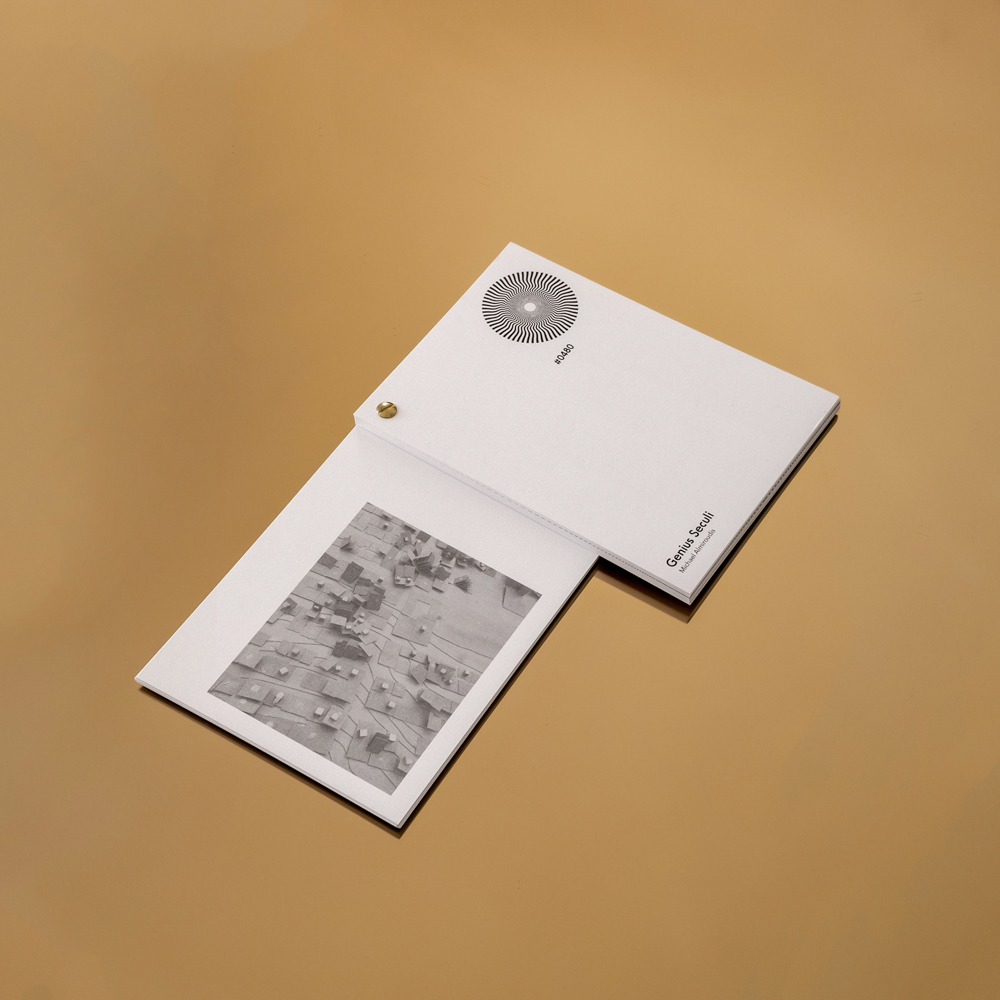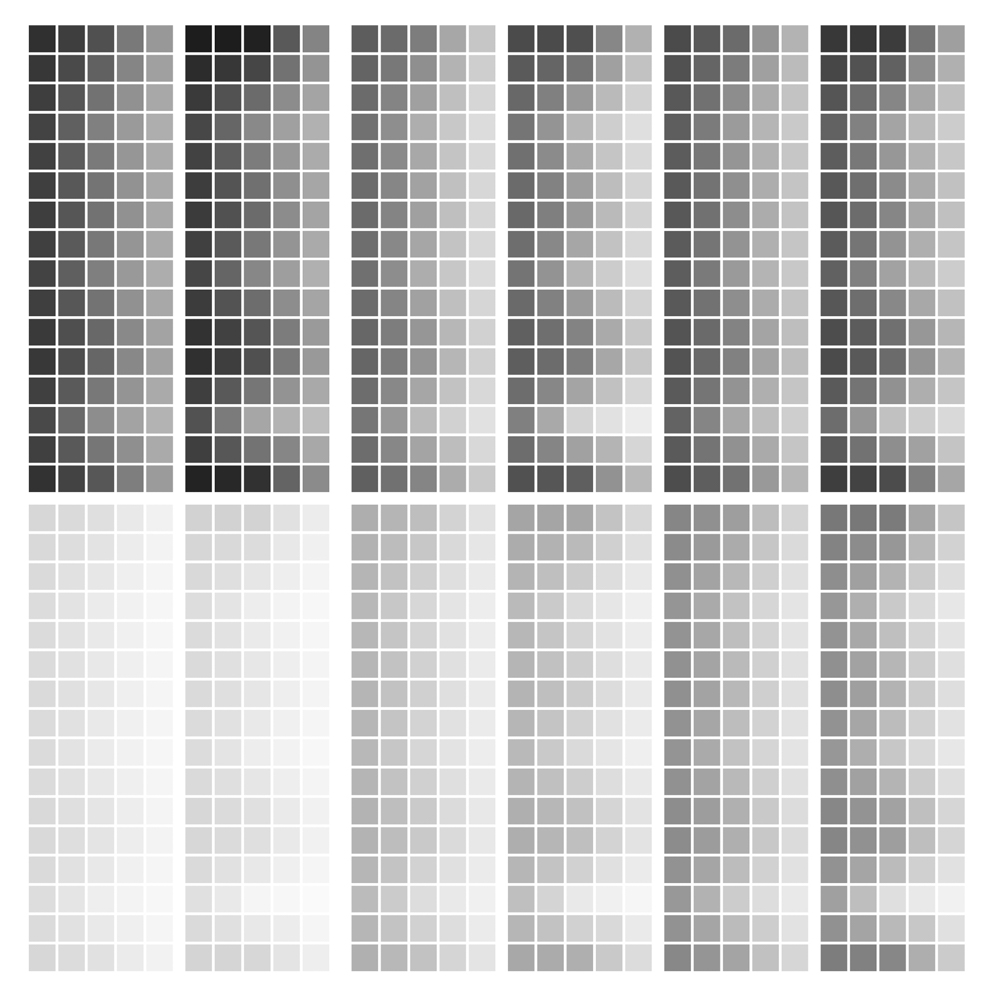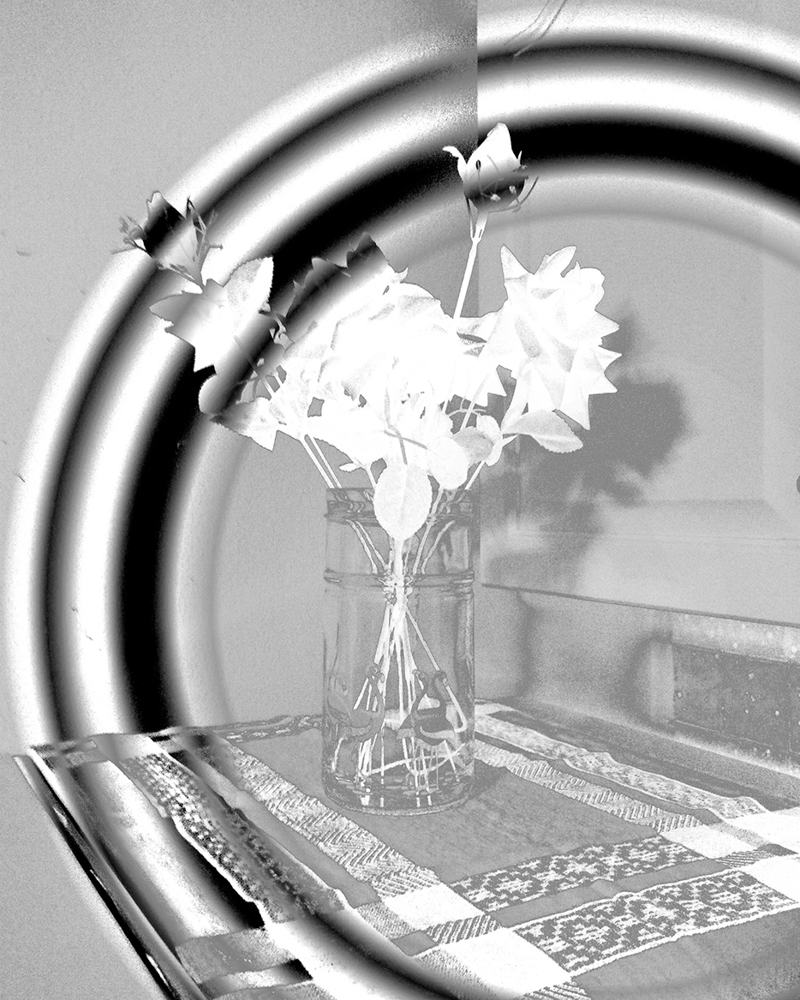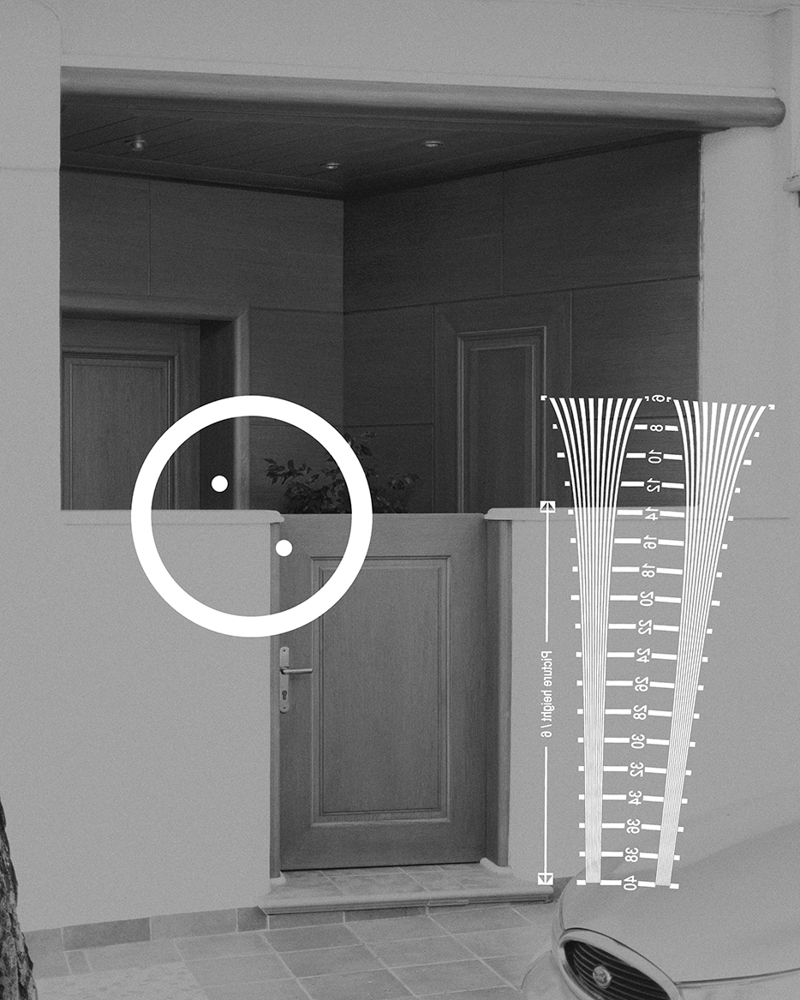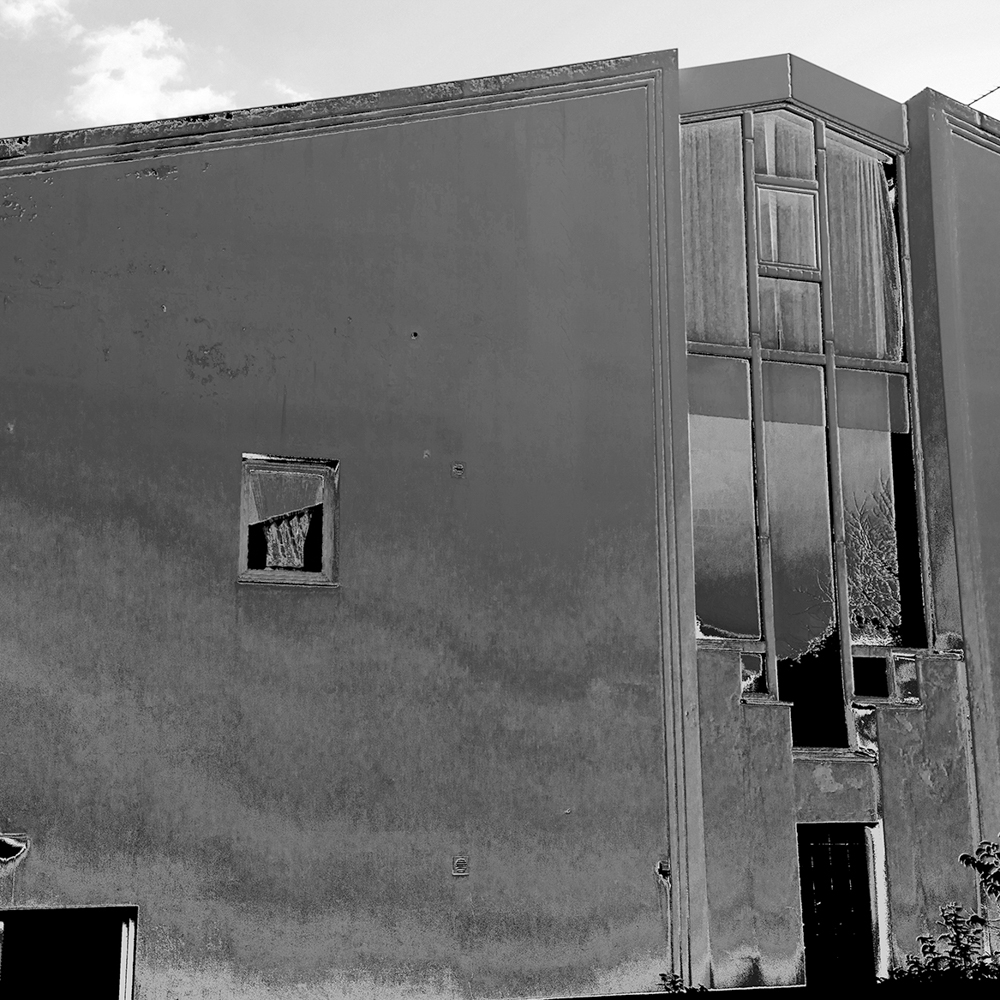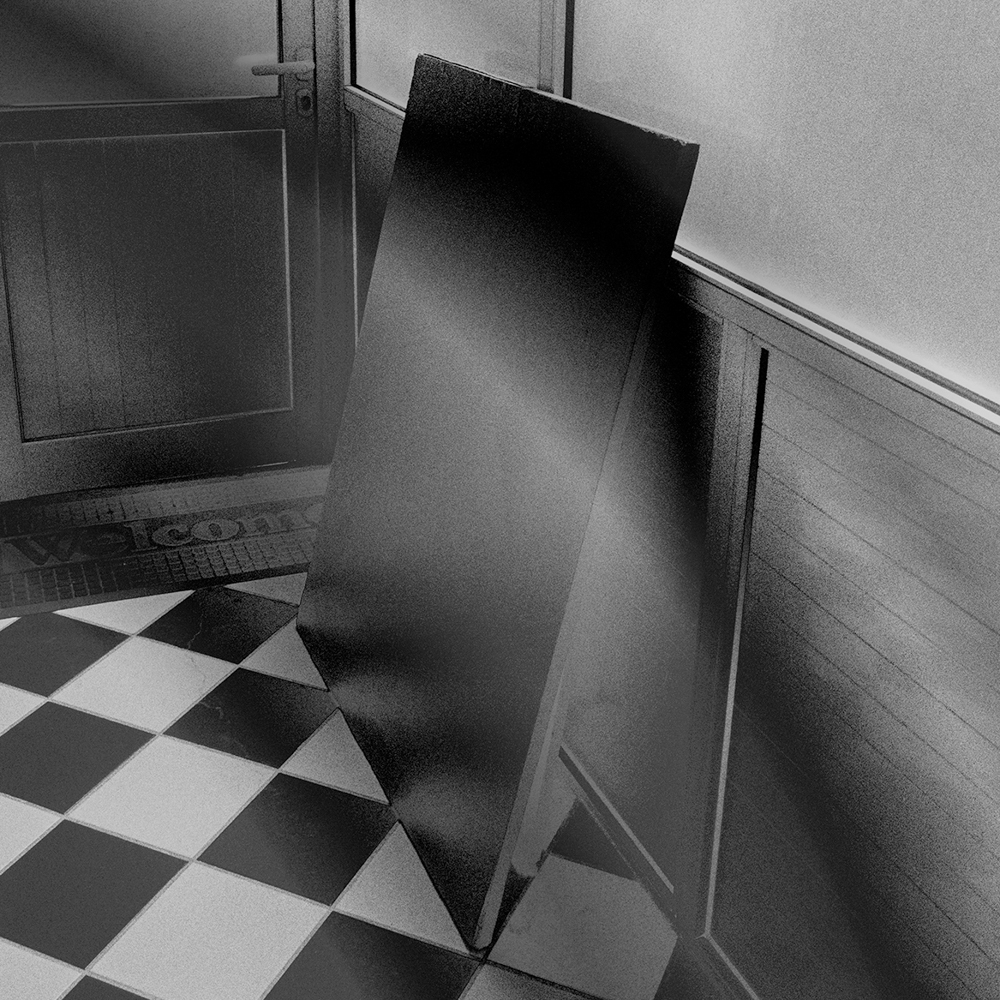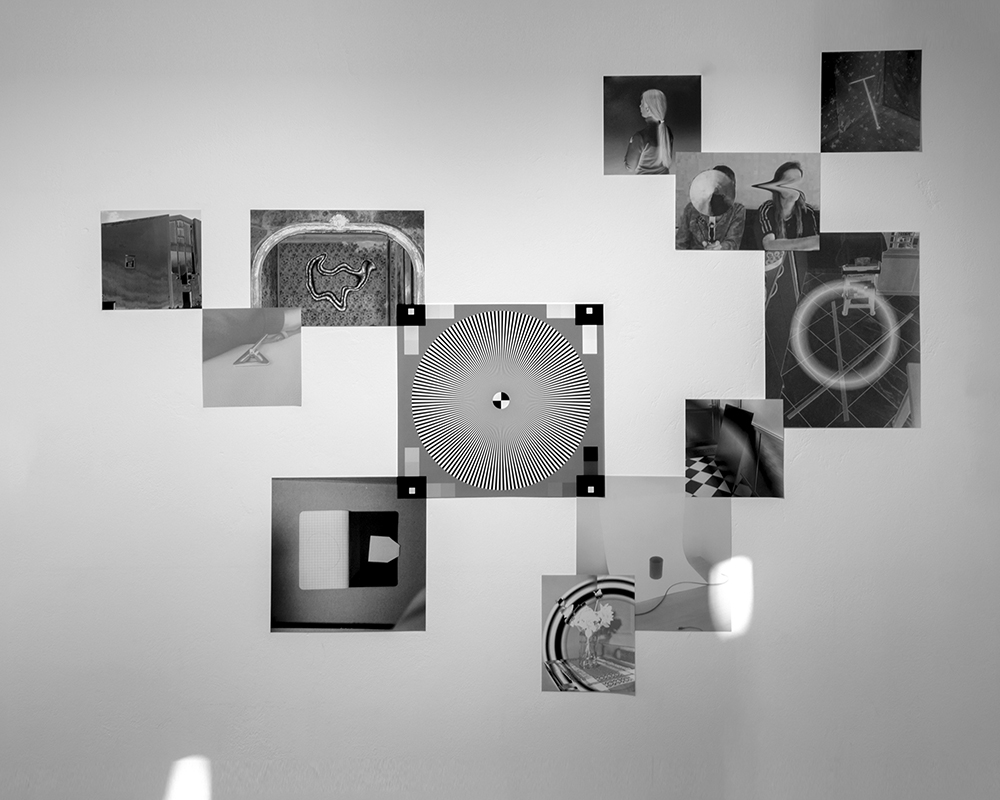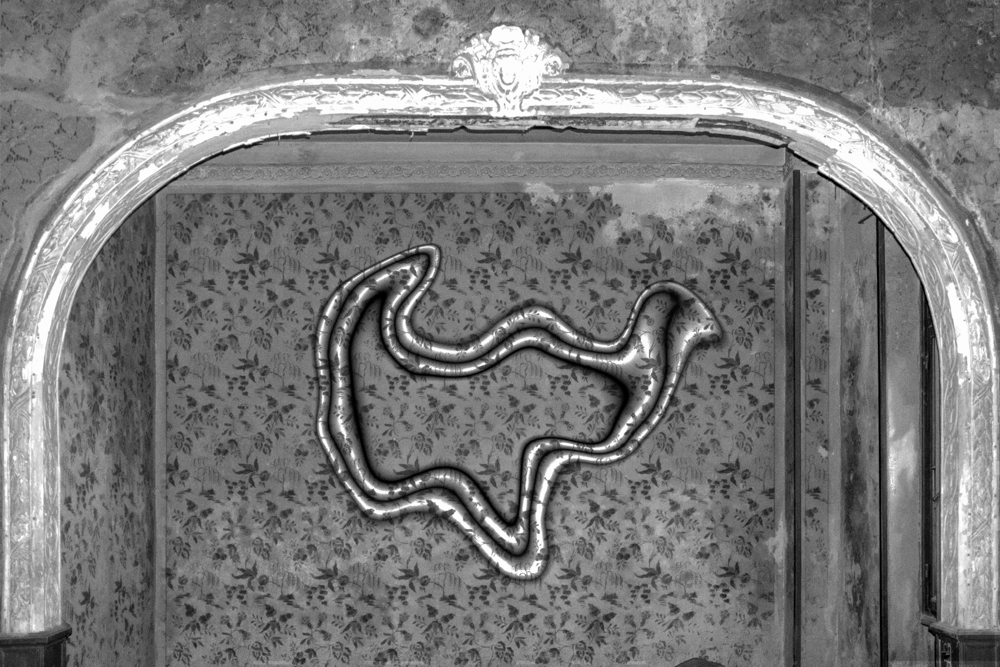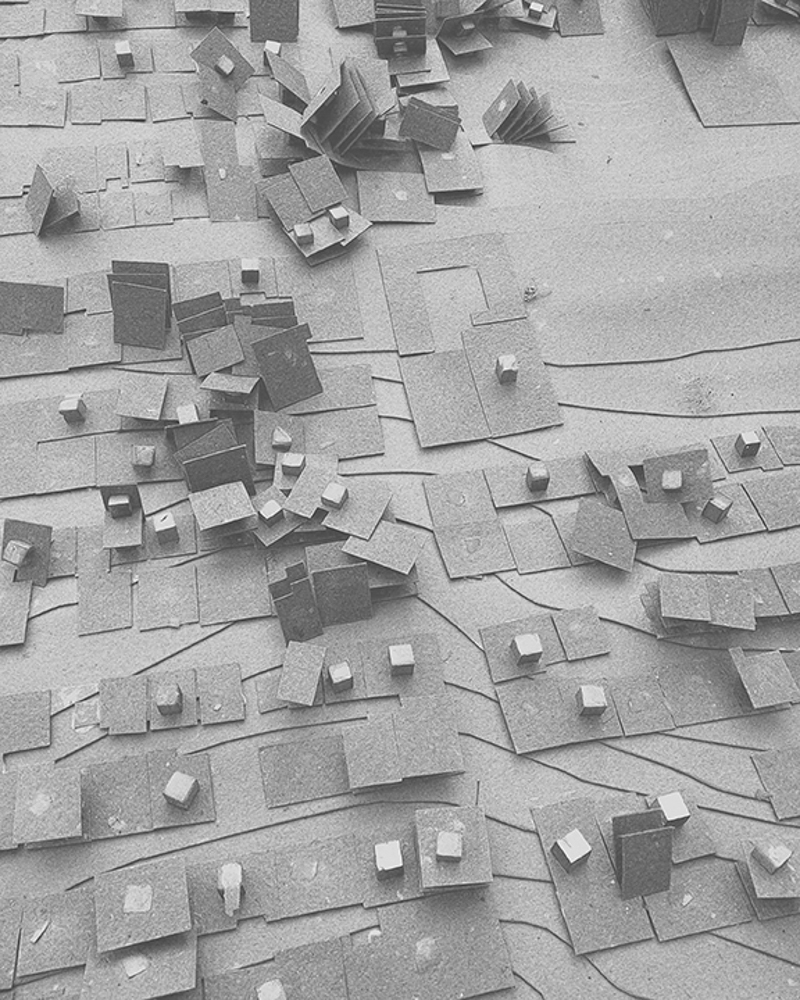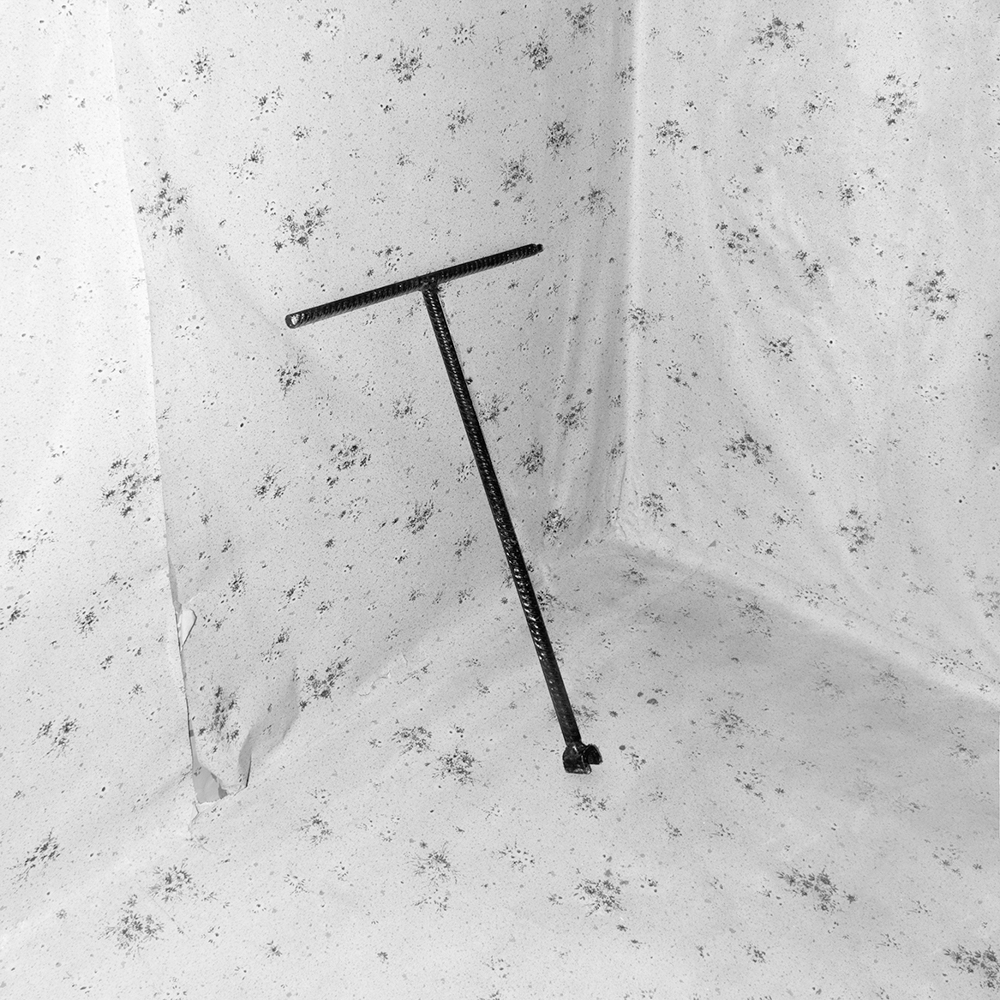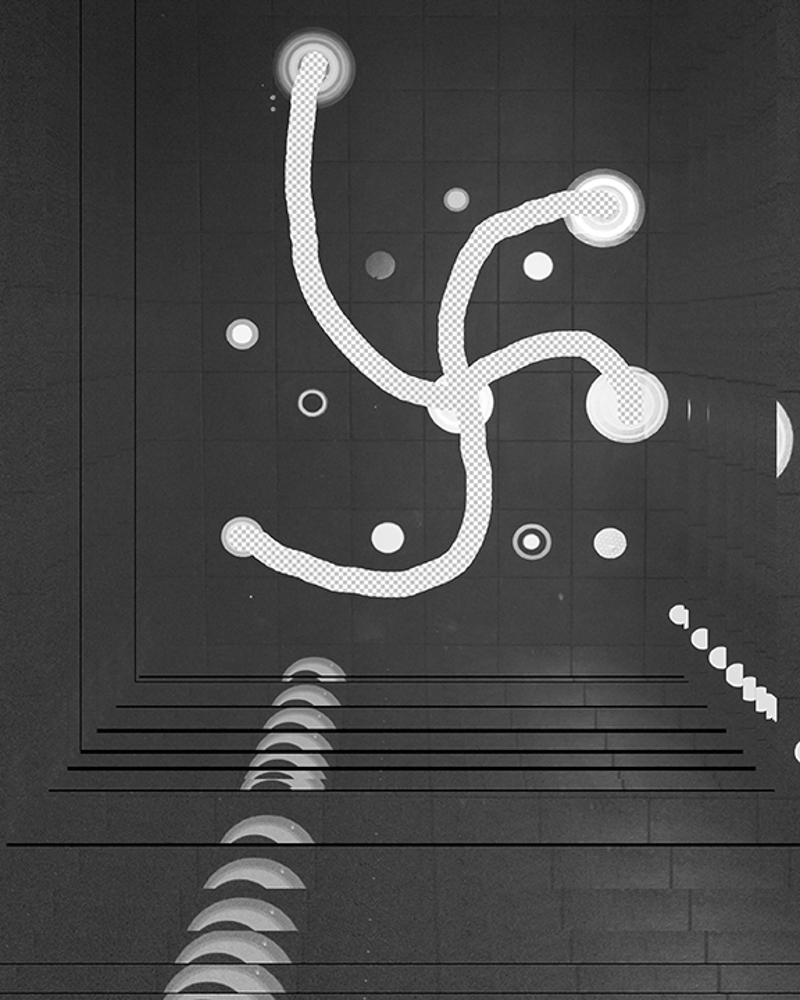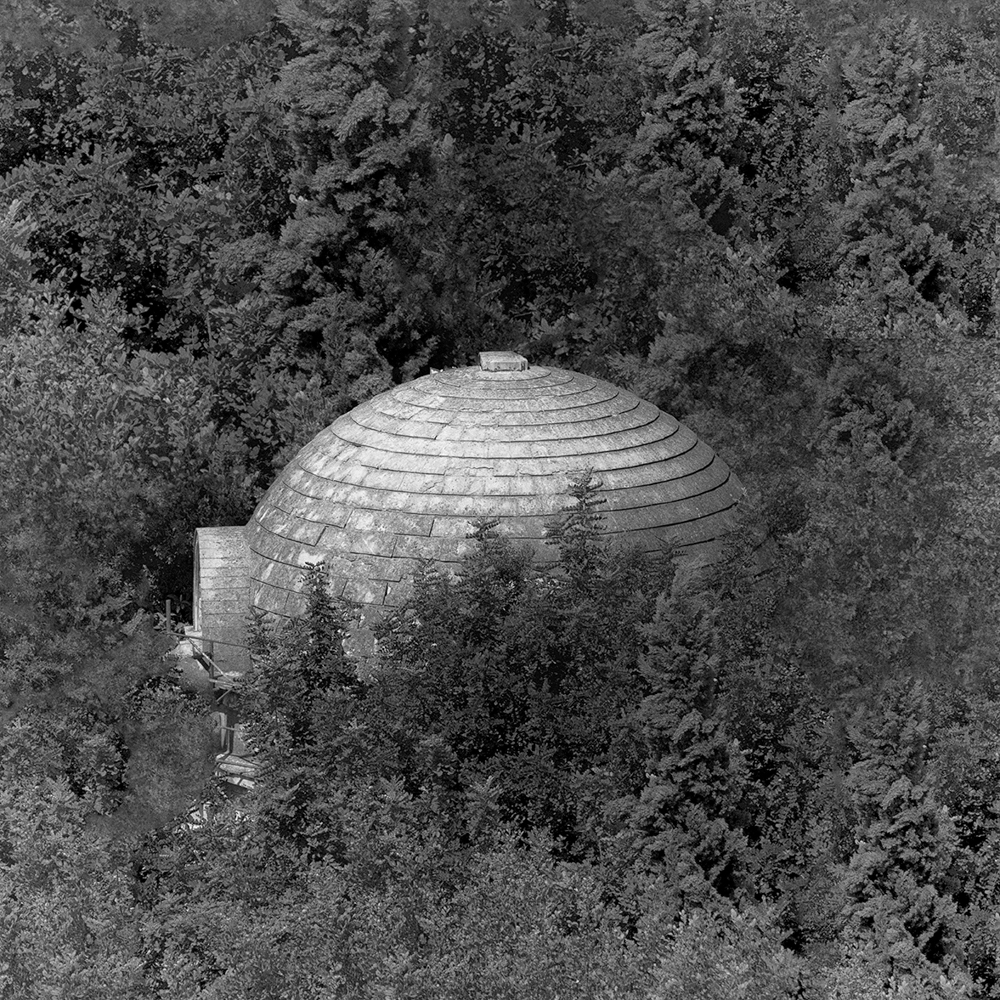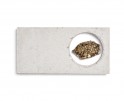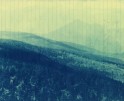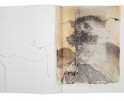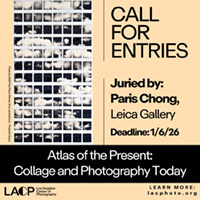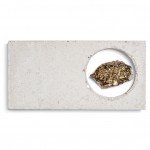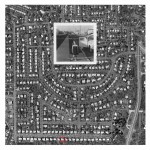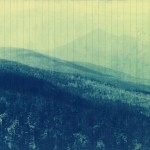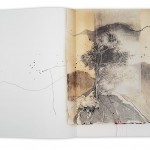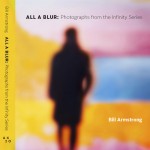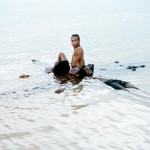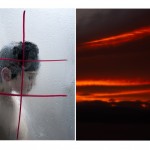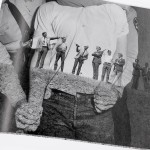Greece Week: Michael Almiroudis: Genius Seculi
If many Greeks say they feel the legacy of 3000 years and more of History, photographer Michael Almiroudis wants the viewer to consider why and how we look to the past. And how we use photography as a medium matters. Across different bodies of work, Michael explores links between past, present and future and crafts imagery with digital techniques. With Genius Seculi, he uses computational photography and addresses the concept of nostalgia as a socially constructed emotion – one that relates to the time we live in and from which we look back to the past.
Michael Almiroudis (b. 1995) is a semi-conceptual and semiotic visual artist based in Athens. He is a graduate in BA Photography of Middlesex University through AKTO College and one of the Co-editor of Phases Magazine. His body of work reveals points of “arbitrary social iconology” that resist every “integral ecumenical image”. He creates methods and word-worlds in which contemporary photographic practice is unified by digital culture. In 2018 presented as one of the Young Greek Photographers during the European Month of Photography in Athens Photo Festival. Recently, his first photo-chapbook “Genius Seculi” was one of the 23 invited portfolios to be reviewed and presented at the Centre national de l’audiovisuel (CNA) in Luxembourg.
Genius Seculi
Genius Seculi is a computational photography experimental narrative, which oscillates between its practical research and intuition. The “Genius Seculi” or “spirit of the era” approaches a “thought” as to whether the nostalgia for the “organicity of the past” is an inherent feeling or a socially constructed emotion
Through an intuitive visual narrative mixed with computational photography of neoteric structures, objects, spaces as well as op-art symbols, the socially constructive character of the nostalgic emotion is emphasized, suggesting that no nostalgic feedback is innate but instead, you are affected by the present “spirit of the era”. By now, nostalgia does not simply repeat an “organicity past memory”.
Susan Stewart’s study, On Longing, suggestively calls nostalgia a “social disease,” defining it as “the repetition that mourns the inauthenticity of all repetition”
Reconstructing the past we have the feeling that we are anticipating the future…
Genius Seculi (Latin: genius – “guardian spirit” and seculi – “of the century” or during the period of critical German romanticism as “Zeitgeist”, the spirit of the era) – Michael Almiroudis
Genius Seculi is “a computational photography experimental narrative”. There are many computational photography techniques, from computational illumination to 3D reconstruction… Can you elaborate on how you incorporate computational photography into your practice, in concrete terms?
I find the whole spectrum of computational photography remarkable not only as a category of photographic techniques but, as a contemporary “status quo” of photography.
I wonder if we can talk about non-computational photography today.
Our digital cameras have computational functions. Our smartphones with AI cameras mimic the depth of field of the lens with the bokeh effect and are capable of recognizing objects, spaces & humans. Even analogue photography is digitized and converted into a computer file. As far as Genius Seculi is concerned, it incorporates the computational editing of photos with a wealth of tools. Some of them are digital Droste effects, layers, perspectives, expands, double exposures, clone stamps etc. I think those are visible in the images.
What is “of the past” today was once contemporary. One often hears “black and white photography is timeless” – as if color photography wouldn’t be! But I’m not surprised you went black and white for this body of work. Do you think that today’s black and white photography is a manifestation of nostalgia per se?
It sounds to me like a terror aesthetic convention, but first of all, it is important to understand our perceptions of timelessness and of any historical time as arbitrary linguistic interpretations and not linear evidence. If we agree, it’s a “horizon of expectation” of the viewer’s narrative if black & white photography or any visual point provokes a manifestation of nostalgia or timelessness.
Our memories aren’t truthful – we live with the memories that we rehearse and (re)construct in our brains. To what extent do you think that photography as a medium inherently contributes to “the repetition that mourns the inauthenticity of all repetition”?
The monumental use of photography, which has been conceived since modernity, contributes to S. Stewart’s saying, but this is not a matter of the photographic medium, but how we use it. We tend to build memories that do not represent the past but are unknowingly influenced by the present era. We have essentially made a present-thinking about the past and incorporated it into a photograph as past vision.
Did you intend with this work to solely comment on nostalgia, or did it also become an attempt at combatting it as a social construct?
Exactly, the concept of the project approaches a thought as to whether nostalgia is an inherent feeling or a socially constructed emotion. It’s a narration which consists of dystopian modernity structures, objects, spaces, and op-art/illusions and symbols. All these images raise questions between signified and signifiers of nostalgia as a social construct
I asked a Dutch intern to comment on my selection for this Lenscratch “Greek week”. Her first reaction was “They all look so very Greek…”. Do you think there is such a thing as “an image being very Greek”, and if so, what would that mean?
The body of work was created between Athens and Piraeus .
But I see the images’ points of view as non-local.
Finally, what’s next for you?
Lately, I’m developing two ongoing bodies of work; “The singularity is near” and “As it is” At the same time, I’m distributing the book as a self-publishing project.
Posts on Lenscratch may not be reproduced without the permission of the Lenscratch staff and the photographer.
Recommended
-
Salua Ares: Absense as FormNovember 29th, 2025
-
Ricardo Miguel Hernández: When the memory turns to dust and Beyond PainNovember 28th, 2025
-
Pamela Landau Connolly: Columbus DriveNovember 26th, 2025
-
KELIY ANDERSON-STALEY: Wilderness No longer at the Edge of ThingsNovember 19th, 2025
-
Jackie Mulder: Thought TrailsNovember 18th, 2025

